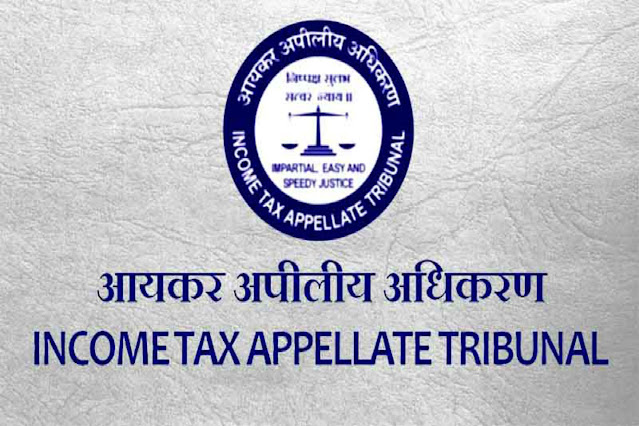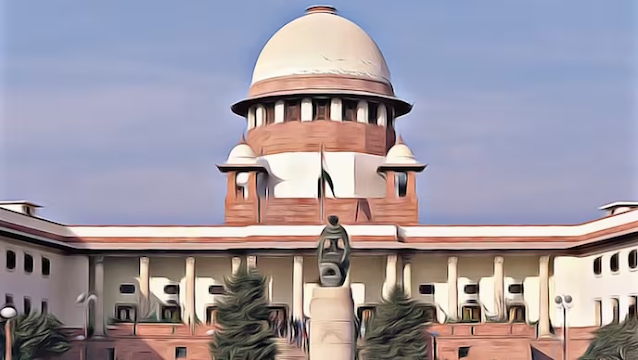V.S. Aggarwal, J.@mdashBhagwan Dass, the petitioner has filed the present criminal revision directed against the order passed by the learned Additional Sessions Judge, Patiala. By virtue of the impugned order, the learned Additional Sessions Judge set aside the order of sentence passed by the Chief Judicial Magistrate and directed him to pass a proper sentence in accordance with the provisions of law.
2. The relevant facts alleged are that the learned Chief Judicial Magistrate, Patiala, on May 8, 1986, held the petitioner guilty of the offence punishable u/s 276CC of the Income Tax Act. The petitioner was heard on the point of sentence. u/s 4 of the Probation of Offenders Act, the petitioner was directed to be released on his furnishing a bond in the sum of Rs. 2,000 with an undertaking to appear and receive the sentence whenever called upon to do so during the period of two years. In the meantime, the petitioner was to keep peace and be of good behaviour. A penalty of Rs. 1,000 was imposed. Aggrieved by the said order of sentence, the Inspecting Assistant Commissioner of Income Tax preferred a revision petition in the Court of Sessions. The learned Additional Sessions Judge referred to Section 292A inserted by the Taxation Laws (Amendment) Act, 1975, and held that provisions of Section 360 of the Criminal Procedure Code, and those of the Probation of Offenders Act do not apply to persons convicted under the Income Tax Act unless he is under 18 years of age. The petitioner was held to be not entitled to the said benefit. Accordingly, the learned Additional Sessions Judge remitted the case to the learned Chief Judicial Magistrate to pass proper sentence in accordance with the provisions of law. Aggrieved by the same, the present revision petition has been filed by Bhagwan Dass, the petitioner.
3. On behalf of the petitioner it has been contended that the learned Additional Sessions Judge had no jurisdiction to entertain the revision petition once the trial court had granted the benefit of the Probation of Offenders Act and, therefore, the said order cannot be sustained. In this regard reliance is placed on the Division Bench decision of this court in the case of
"For the reasons aforementioned, our answer to the question posed in the beginning of the judgment is in the affirmative and we hold that the appeal in this case at the instance of the State Government of Chandigarh U.T. against the order u/s 4 of the Act passed by the trial magistrate lay only to this court."
4. Keeping in view the aforesaid, it must be held that revision petition in the Court of Sessions was not maintainable and the learned Additional Sessions Judge, therefore, was not justified in passing the impugned order.
5. However, it had been put to learned counsel for the petitioner as to whether this court would be justified in exercising the inherent powers in the facts of the case. This is for the reason that it is not being disputed that by virtue of Section 292A of the Income Tax Act, the benefit of Section 4 of the Probation of Offenders Act and Section 360 of the Criminal Procedure Code, is not available to a person held guilty of the offences punishable under the said Act. Once the Legislature has so enacted, indeed the learned Chief Judicial Magistrate had no jurisdiction to pass the order awarding the benefit of the Probation of Offenders Act, Once such is the position and the fact has come to the notice of this court, it would be failing in its duty in not exercising the inherent powers and the illegality cannot be allowed to be perpetuated. Reference in this connection with advantage may be made to the decision of the Supreme Court in the case of
6. The parties should appear before the learned trial court on July 10, 1997.

